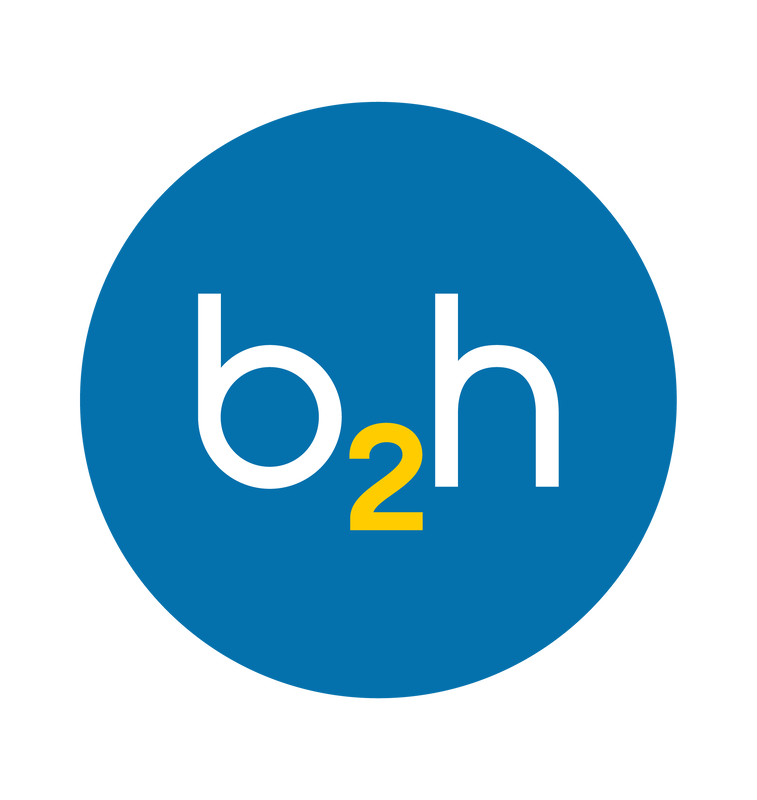As any parent can attest, the speed in which children learn and grow is amazing. Their brains are like sponges that adapt quickly to new information and situations.
A great example of this is in this video of Arat Hosseini an amazing four year old boy from Iran who loves gymnastics.
A great example of this is in this video of Arat Hosseini an amazing four year old boy from Iran who loves gymnastics.
Arat falls a number of times before successfully landing on top of the box. During that time, his athletic ability didn't improve, his brain adapted to the challenge. He learned how to jump better and where to land.
For a long time it was believed that as children develop into adults their brains became static. You are the way you are. However, if this were true, no adult would be able to learn anything new.
Scientists have since shown that the brain is incredibly malleable - due to a phenomenon known as neuroplasticity. It has been observed, time and again, that the brain can and does change throughout our lives. It's amazing ability to adapt means that people can greatly improve their lives by changing their habits and learning new skills.
This is exciting news for athletes, too. Imagine being able to increase your performance not by adding more hours to your training, but by exercising your brain!
Before I get more into that, let's talk about...
For a long time it was believed that as children develop into adults their brains became static. You are the way you are. However, if this were true, no adult would be able to learn anything new.
Scientists have since shown that the brain is incredibly malleable - due to a phenomenon known as neuroplasticity. It has been observed, time and again, that the brain can and does change throughout our lives. It's amazing ability to adapt means that people can greatly improve their lives by changing their habits and learning new skills.
This is exciting news for athletes, too. Imagine being able to increase your performance not by adding more hours to your training, but by exercising your brain!
Before I get more into that, let's talk about...
How The Brain Works
Think of the brain as a giant garden with a beautiful green lawn and plants growing about in a few different spots. These plants symbolize neurons, the tiny cells that make up our brains.
Every time we have a thought, emotion, or experience, we create a path connecting two or more neurons. This path is known as a neural pathway, and is similar to the kind of path that naturally forms when we walk from one plant to another on a grass lawn.
With every repetition, this neural pathway is reinforced, much in the same way as a path becomes more evident on a grass lawn the more we walk on it. In a garden, the clearer this path becomes, the more likely we are to walk along that same path, again and again.
Every time we have a thought, emotion, or experience, we create a path connecting two or more neurons. This path is known as a neural pathway, and is similar to the kind of path that naturally forms when we walk from one plant to another on a grass lawn.
With every repetition, this neural pathway is reinforced, much in the same way as a path becomes more evident on a grass lawn the more we walk on it. In a garden, the clearer this path becomes, the more likely we are to walk along that same path, again and again.
The same goes for our brains. The more our neural pathways are reinforced, the more likely we are to experience the same thought or emotion over and over again.
Each time we experience something new, we actually begin to create new neural pathways. These small changes, when frequently repeated, change our cortical maps and lead a transformation in how our brains work. This makes it easier to repeat the behaviours that we want, which can facilitate the realization of our dreams and desires.
Each time we experience something new, we actually begin to create new neural pathways. These small changes, when frequently repeated, change our cortical maps and lead a transformation in how our brains work. This makes it easier to repeat the behaviours that we want, which can facilitate the realization of our dreams and desires.
The Benefits To Athletes
Creating and strengthening neural pathways allows athletes to perform better at the sports they do. There are three very important reasons for this:
1. Developing Better Motor Control
Since there is skill involved in most athletic activities, the obvious benefit to strengthening neural pathways is that you can become better at the skill you are trying to hone.
Each time you practice the skill, the neural pathway becomes stronger, reflecting the adage: "perfect practice makes perfect".
Each time you practice the skill, the neural pathway becomes stronger, reflecting the adage: "perfect practice makes perfect".
2. Seeing Yourself As Successful
Believe it or not, the brain creates neural pathways whether you experience something physically, or you experience it through visualizations. It is well known that many Olympians use imagery (the use of visualization including all of the senses) as a tool for training.
If you have ever seen the 90's movie Cool Runnings, the driver of the bobsled spends his spare time studying pictures of turns. He's prepping his mind to be ready without actually being on the track.
As a result, when his body gets into the experience of being on the track, his mind is already familiar with the scenario, and thus is prepared to handle whatever it faces with more ease, grace and finesse.
If you have ever seen the 90's movie Cool Runnings, the driver of the bobsled spends his spare time studying pictures of turns. He's prepping his mind to be ready without actually being on the track.
As a result, when his body gets into the experience of being on the track, his mind is already familiar with the scenario, and thus is prepared to handle whatever it faces with more ease, grace and finesse.
3. Assisting With Recovery From Injury
A study done by Ohio State University found that the brain is altered after an injury to the body and needs to be retrained in order for a person to return to normal activities with less likelihood of re-injury.
For example, when people suffered an injury to the anterior cruciate ligament (ACL) of the knee, brain activity was different to healthy adults. They moved differently and didn't trust their knees.
In addition, when these same people attempted to return to activity, they were 30 to 40 times more likely to sustain a second ACL injury. So, what could they do differently?
For example, when people suffered an injury to the anterior cruciate ligament (ACL) of the knee, brain activity was different to healthy adults. They moved differently and didn't trust their knees.
In addition, when these same people attempted to return to activity, they were 30 to 40 times more likely to sustain a second ACL injury. So, what could they do differently?
They could attempt to rewire the brain -- so they could move their knees again naturally, without the guarded, fearful reaction that can predispose them to re-injuring the same area of the body.
How Athletes Can Fast-Track Creating New Neural Pathways
While there are many ways to alter our cortical maps to change behaviours, thoughts and emotions, neurofeedback is a safe and scientifically-proven therapeutic intervention that rapidly accelerates these changes.
One of its biggest perks is that it's completely non-invasive. This means that it doesn't require the use of medication or surgery. Instead, it only requires that certified practitioners learn how to read, interpret and reprogram a person's brain waves, which can be understood as a physical representation of our neuropathic pathways.
It may sound complicated, but here's how it works:
By using specialized equipment that displays the moment-by-moment changes in output of a person's brain waves, neurofeedback practitioners can map out how our brains react to certain stimuli compared to normal brains. Then practitioners can use sounds or visual cues to retrain the brain to react differently to certain stimuli.
One of its biggest perks is that it's completely non-invasive. This means that it doesn't require the use of medication or surgery. Instead, it only requires that certified practitioners learn how to read, interpret and reprogram a person's brain waves, which can be understood as a physical representation of our neuropathic pathways.
It may sound complicated, but here's how it works:
By using specialized equipment that displays the moment-by-moment changes in output of a person's brain waves, neurofeedback practitioners can map out how our brains react to certain stimuli compared to normal brains. Then practitioners can use sounds or visual cues to retrain the brain to react differently to certain stimuli.
Sessions are normally held once or twice weekly for 5-10 weeks, and tend to be 30-60 minutes long. What's really cool is this can be done by using a program similar to a video game that displays graphics or plays music while the brain and central nervous system receive feedback signals from the program.
The clinician simply monitors and directs brainwave activity towards more desirable and controlled patterns. Immediate feedback is then given when the brainwaves improves, allowing clinicians to alter the brain patterns.
Once this has been accomplished, the athlete will have a greater potential to activate the mind-body connection -- leading to a greater sense of motor control, more effective visualizations, and a speedier recovery time from any potential injury.
If you would like to learn more about the benefits of this modern brain-training, call us for more information at 604 742 0111.
The clinician simply monitors and directs brainwave activity towards more desirable and controlled patterns. Immediate feedback is then given when the brainwaves improves, allowing clinicians to alter the brain patterns.
Once this has been accomplished, the athlete will have a greater potential to activate the mind-body connection -- leading to a greater sense of motor control, more effective visualizations, and a speedier recovery time from any potential injury.
If you would like to learn more about the benefits of this modern brain-training, call us for more information at 604 742 0111.

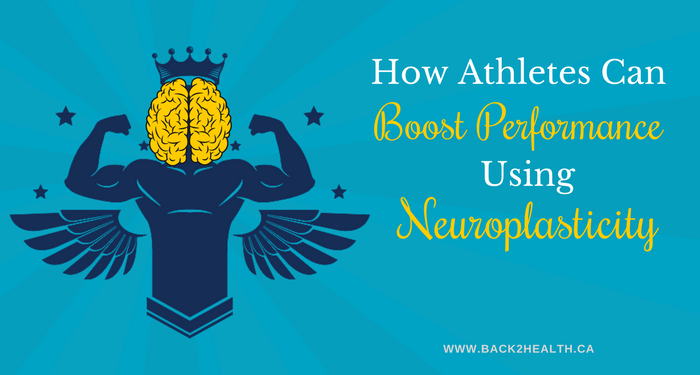
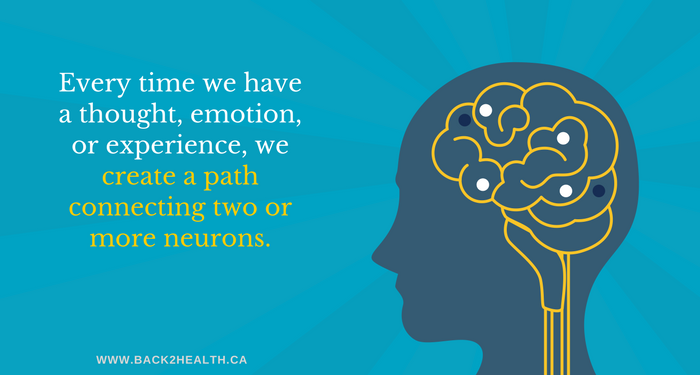
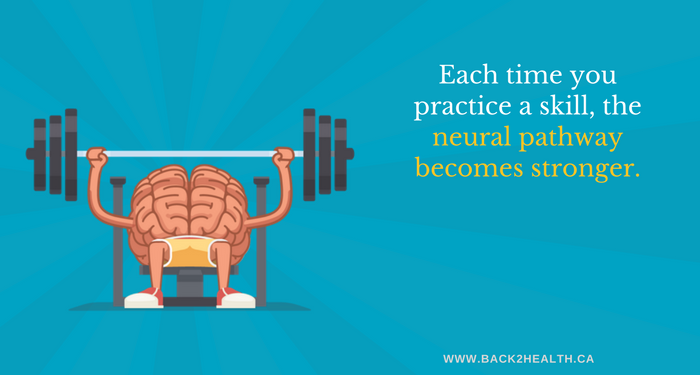
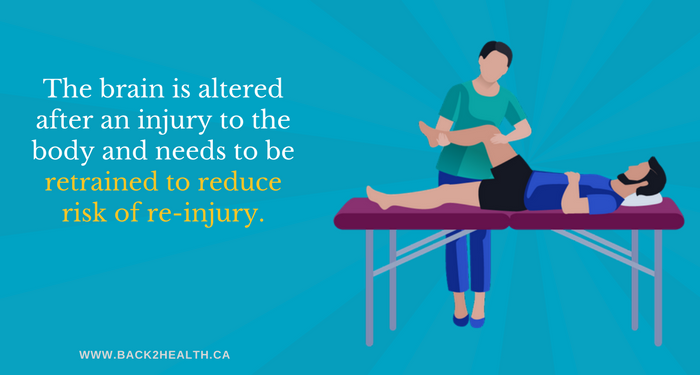
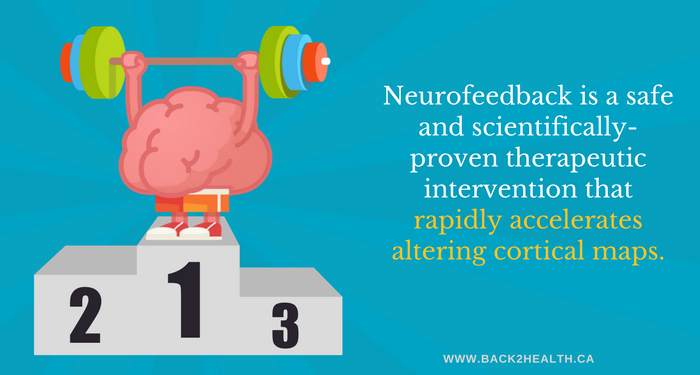
 RSS Feed
RSS Feed
